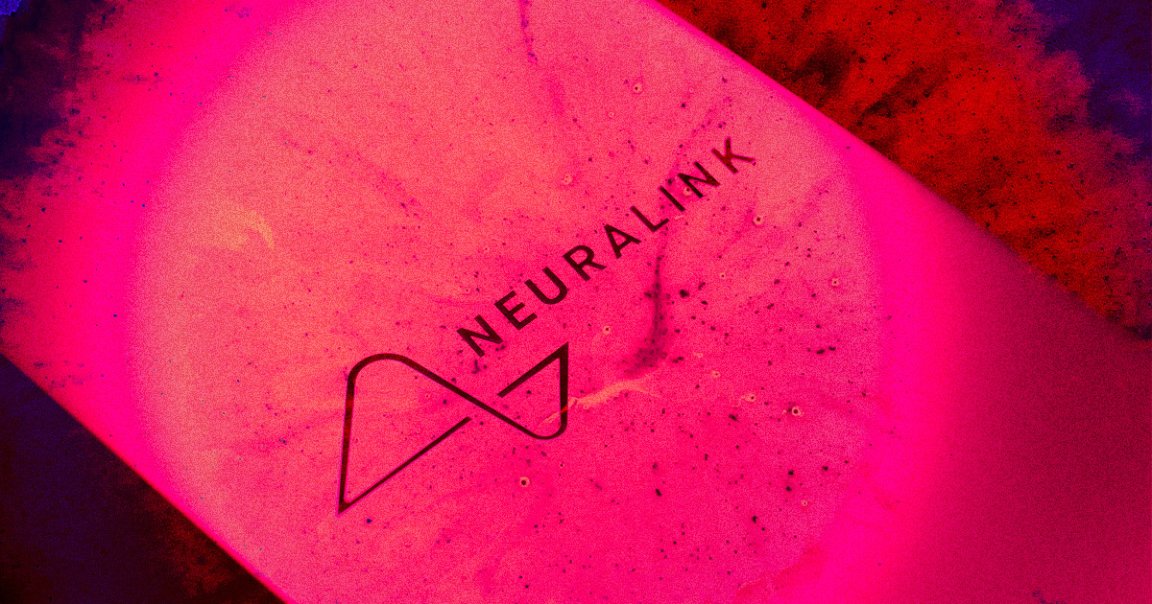
During a recent interview, a cofounder of Elon Musk’s brain implant startup said that he left due to safety concerns.
That cofounder, Dr. Benjamin Rapoport, made this stunning admission as an aside when speaking to the Wall Street Journal‘s “The Future of Everything” podcast.
A neurosurgeon by training, Rapoport joined up with Musk and a team of fellow scientists in 2016 to found Neuralink, but as Bloomberg reports, he ended up leaving just a few years later and founding his own brain-computer interface (BCI) startup, Precision Neuroscience.
“I’ve pretty much devoted my entire professional life to bringing neural interfaces from the world of science to the world of medicine,” Rapoport told the WSJ‘s Danny Lewis. “But I felt that in order to move to the world of medicine and technology, safety is paramount.”
As the neurosurgeon went on to suggest, there seemed to be disagreements at Neuralink about how invasive a BCI needed to be.
“For a medical device, safety often implies minimal invasiveness,” he explained. “And in the early days of brain-computer interfaces, there was this notion that in order to extract information-rich data from the brain, one needed to penetrate the brain with tiny little needle-like electrodes.”
This sort of heavy implantation method, as Rapoport continued, has one serious side effect: it results in “some amount of brain damage” during insertion. To his mind, there could and should be a way “to extract information-rich data from the brain without damaging the brain” — and thus, the idea for Precision Neuroscience was born.
“The Neuralink system is based on penetrating microelectrodes,” he continued. “The Precision system is based on surface microelectrodes, which are tiny little electrodes that coat the surface of the brain without penetrating it.”
The biggest difference between these two disparate philosophies could, perhaps, be best illustrated by descriptions of their real-world implantation methods.
As we’ve known for a while now, Neuralink inserts its quarter-size chips by removing a part of a patient’s skull and embedding the implant, allowing the chip to “replace” the bit of skull that was taken. The company has apparently perfected this method since its early monkey experimentation days in 2019 and 2020, when things went gruesomely wrong in primate test subjects that the company worked hard to cover up.
Precision, per Rapoport’s description on the WSJ podcast, is none so intensive, and instead of removing a part of one’s skull “involves making a tiny little slit in the scalp and that allows us to make an incision through the bone that is less than a millimeter in thickness.”
“Because the electrode films are very thin,” he explained, “we can slip them through a little slit in the bone onto the brain surface.”
Rapoport is obviously selling a product just as stridently as his fellow Neuralink cofounder. But given that Precision conducted its first human trials more than six months before Musk’s company, despite being founded a full five years after it, it seems safe to say that this lighter touch methodology has some edge to it.
More on Neuralink: The FDA Didn’t Inspect Neuralink Before Granting Human Trial Approval